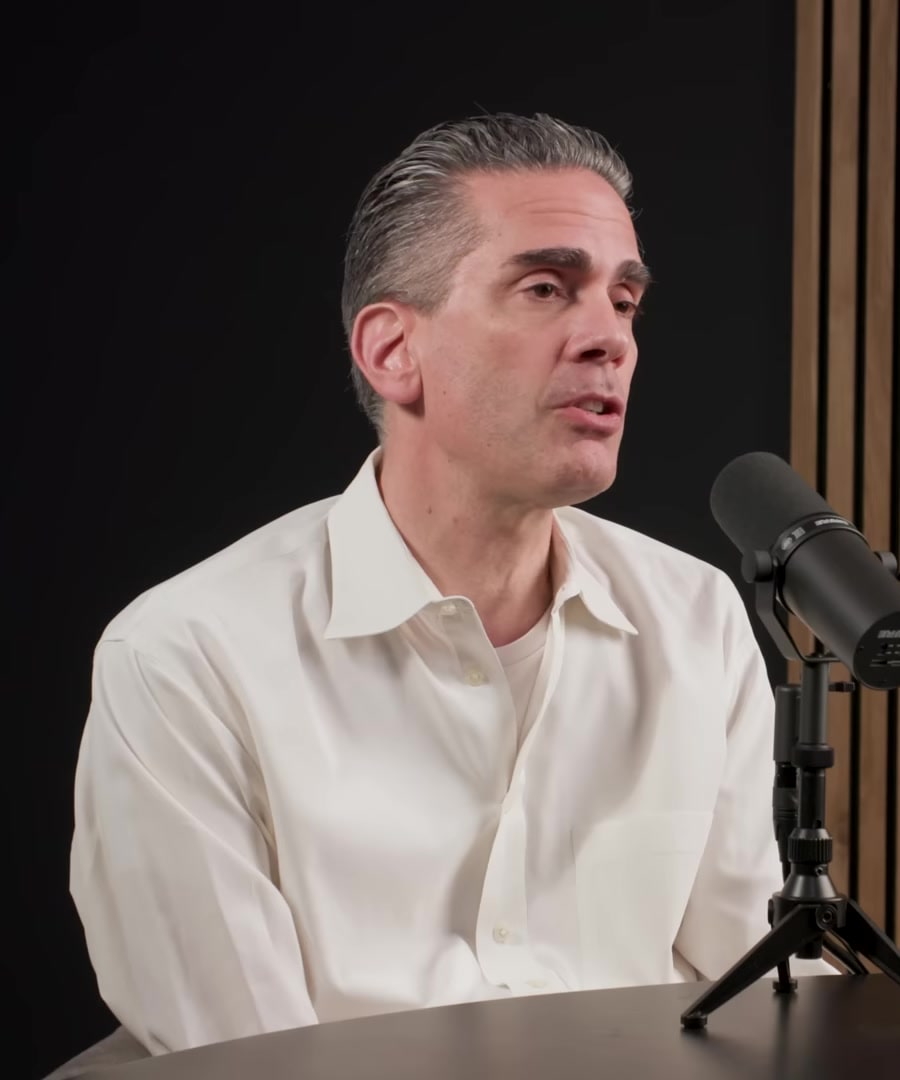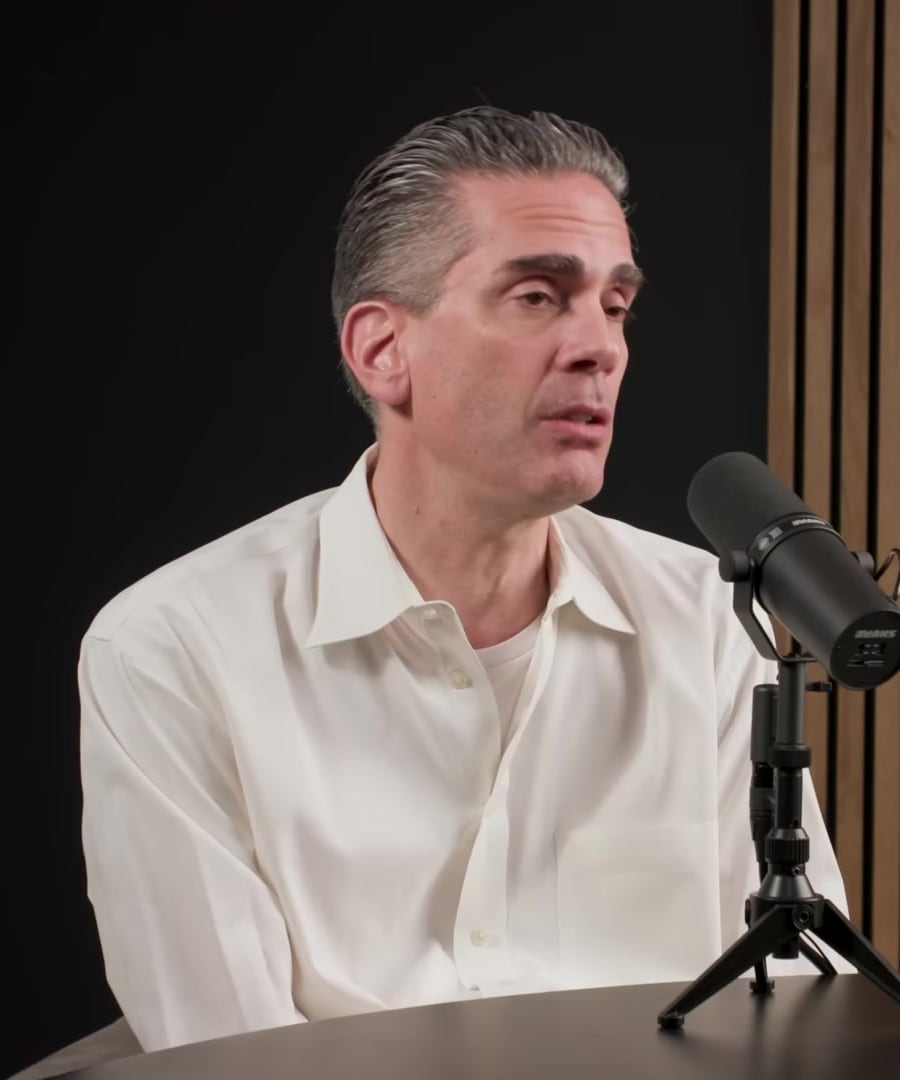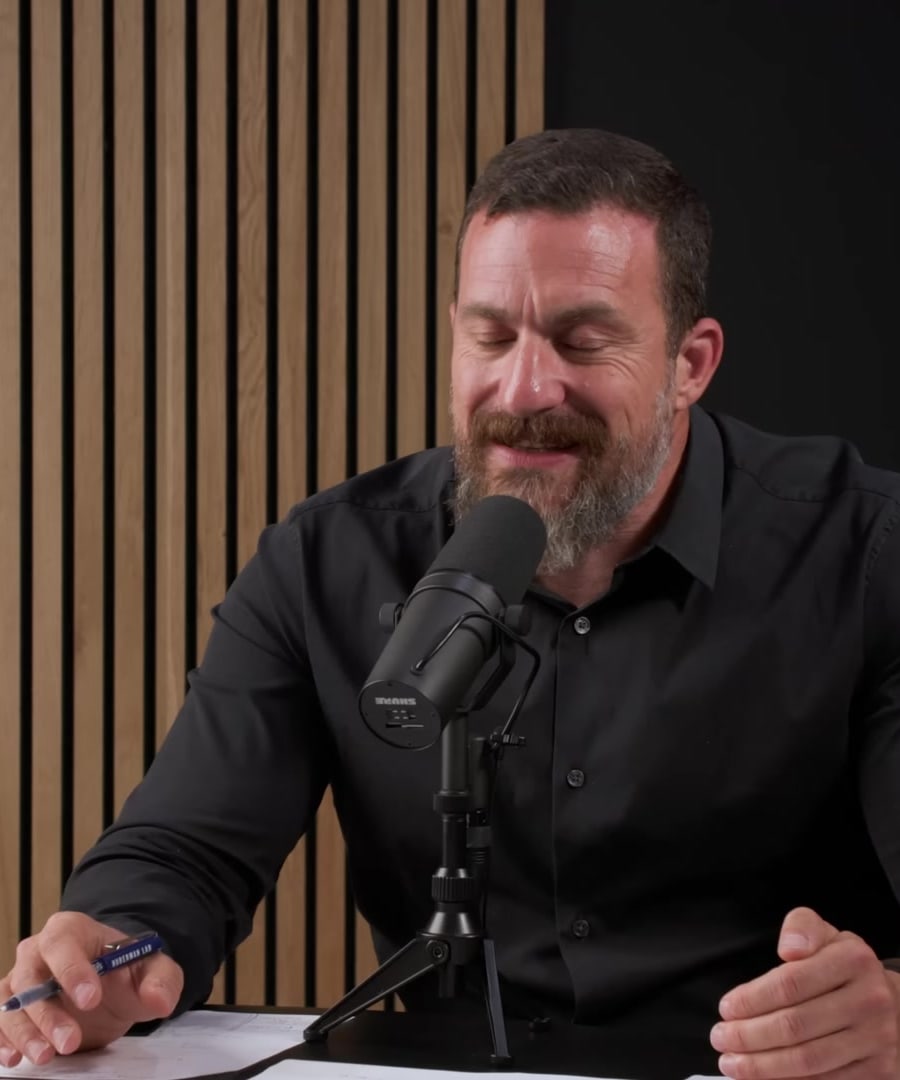What are defense mechanisms in patients?
Sources:
Defense mechanisms are unconscious processes that protect individuals from anxiety and the perception of internal or external dangers or stressors. These mechanisms often manifest as patterns of behavior or thinking that can be either adaptive or maladaptive.
-
Sublimation and Altruism: These are examples of healthier, adaptive defense mechanisms. Sublimation involves channeling unacceptable impulses into socially acceptable actions. Altruism leads one to assist others altruistically, providing emotional benefits to the helper, and serving as a way to manage stress or discomfort 1.
-
Denial, Avoidance, Rationalization, and Projection: These are less adaptive and can be detrimental. Denial involves refusing to accept reality or facts, thus blocking external events from awareness. Avoidance refers to avoiding certain people, places, or thoughts that bring discomfort. Rationalization involves justifying one's behavior with plausible but not necessarily true reasons, while projection involves attributing one’s own unacceptable thoughts or feelings to others 2.
Dr. Paul Conti, a guest on the , discusses how becoming aware of these patterns through self-reflection and therapy can lead to personal growth and healthier life choices. By identifying and understanding the defense mechanisms, individuals can work towards replacing maladaptive defenses with healthier ones 3.
RELATED QUESTIONS-


